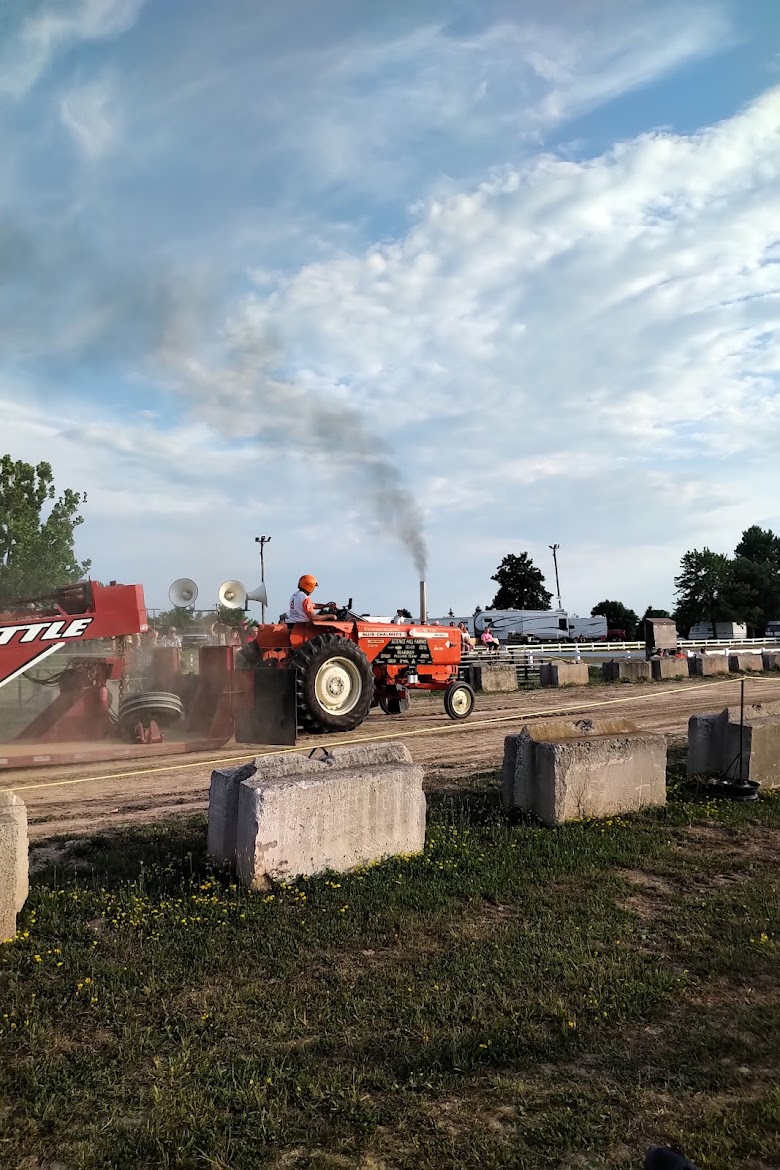Atlantic Potato Distributors Ltd., a potato distributor located in New Brunswick, brought an action against Robert Meersseman and Leon Meersseman, farmers in Ontario, seeking payment for seed potatoes. The Meerssemans admitted receiving and planting the seed potatoes, but asserted that some of the seed potatoes were defective, and counterclaimed to recover the resulting losses. A crop adjuster for Agricorp (Ontario's crop insurance program) inspected the Meerssemans' fields and reported that between 50 and 60 percent of the crop did not emerge. Following an unsatisfactory harvest, the Meerssemans refused to pay Atlantic for the seed.
Both parties were successful at trial (i.e. the Meerssemans owed Atlantic for the seed potatoes they had purchased, but Atlantic was liable to the Meerssemans for the losses they suffered as a result of planting those defective seed potatoes). Atlantic appealed the finding of liability for breach of a warranty implied under s. 15 of the Sale of Goods Act, R.S.N.B. 1973, c. S-1, as well as the damages award to the Meerssemans. The New Brunswick Court of Appeal dismissed the appeal on both grounds.
Read the decision at: Atlantic Potato Distributors Ltd. v. Meersseman.
Allis Chalmers

Showing posts with label defective. Show all posts
Showing posts with label defective. Show all posts
Tuesday, July 27, 2010
Defective seed potato ruling upheld by NB Court of Appeal
Labels:
appeal,
breach of warranty,
defective,
farmer,
New Brunswick,
Ontario,
potatoes,
Sale of Goods Act,
seed
Saturday, April 10, 2010
Alberta Court of Appeal upholds dismissal of defective feed claim
The Alberta Court of Appeal has upheld the dismissal of an action by Tom and Kirk Seaborn of Crooked Post Shorthorns. The Seaborns had claimed that feed manufactured by Masterfeeds Inc. had caused health problems in their breeding cattle, eventually requiring them to sell the cattle for slaughter and to purchase new breeding stock at a loss.
In dismissing the appeal, the Court of Appeal paid special attention to the following factual findings made by the trial judge:
The Court of Appeal upheld all of the findings of the trial judge and dismissed the appeal. Read the Court of Appeal decision at: Crooked Post Shorthorns v. Masterfeeds Inc.
Read the trial decision at: Crooked Post Shorthorns trial.
In dismissing the appeal, the Court of Appeal paid special attention to the following factual findings made by the trial judge:
(1) the failure of the Seaborns to immediately seek veterinary attention despite the alleged extreme symptoms shown by the cattle: para. 29;On the basis of these findings, the trial judge ruled that the Seaborns exaggerated the symptoms experienced by their cattle. Also, the trial judge found that they failed to establish that the feed from Masterfeeds Inc. actually caused the damage that was alleged. Had the Seaborns been successful in their claim, the trial judge would have awarded more than $500,000 in damages.
(2) the failure of the veterinarians who saw some of the CPS cattle in late March 2001 to testify: para. 21; and
(3) the lack of results from tests to indicate toxins in feed or disease in the cattle: para. 22.
The Court of Appeal upheld all of the findings of the trial judge and dismissed the appeal. Read the Court of Appeal decision at: Crooked Post Shorthorns v. Masterfeeds Inc.
Read the trial decision at: Crooked Post Shorthorns trial.
Thursday, January 14, 2010
Claims that canola seed was defective are going to be difficult
In a recent decision dismissing a claim for damages related to defective canola seed, the Saskatchewan Court of Queen's Bench has commented on the difficulties inherent in this type of claim. After finding that Saskatchewan's Consumer Protection Act did not apply to the seed because it had been purchased in Manitoba, Justice M.D. Acton then commented about the number of actions that have been commenced involving alleged defects in the quality of seed. Acton noted, however, that the evidence has been that the many sensitivities of canola seed include: slow germination when seeded in cool damp soil; susceptibility to frost at an early stage; susceptibility to drought and heat at an early stage; inability to emerge through compacted or crusted clay soils caused by heavy rains immediately after seeding; poor competition with weeds at an early stage; susceptibility to disease and insect infestation. In the case at bar, experts for both sides advised that numerous factors other than seed quality may have caused the failure of the seed to produce a viable and acceptable canola crop. That evidence spelled the end for the claim. The Court was unable to find, on a balance of probabilities, that the quality of the seed was the cause of the crop failure alleged.
Negrave v. Pioneer Grain Company Limited, 2009 SKQB 492
http://www.canlii.org/en/sk/skqb/doc/2009/2009skqb492/2009skqb492.html
Negrave v. Pioneer Grain Company Limited, 2009 SKQB 492
http://www.canlii.org/en/sk/skqb/doc/2009/2009skqb492/2009skqb492.html
Subscribe to:
Posts (Atom)